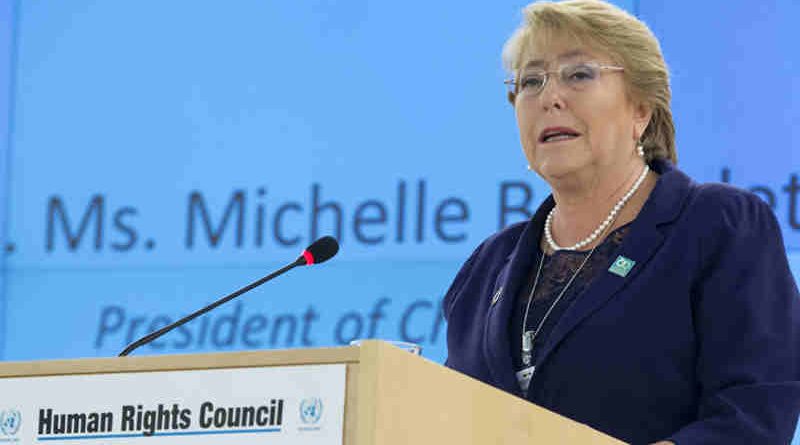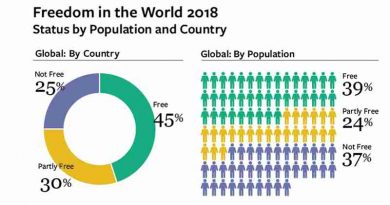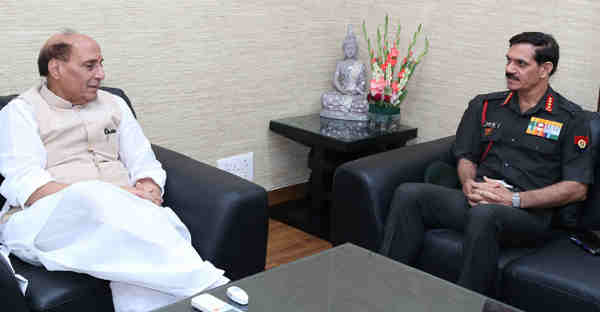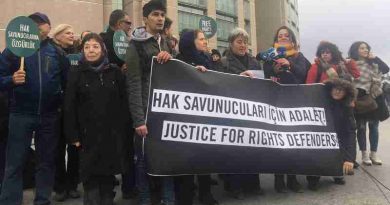Dutch Court Stops Government Attempts to Spy on the Poor: UN Expert
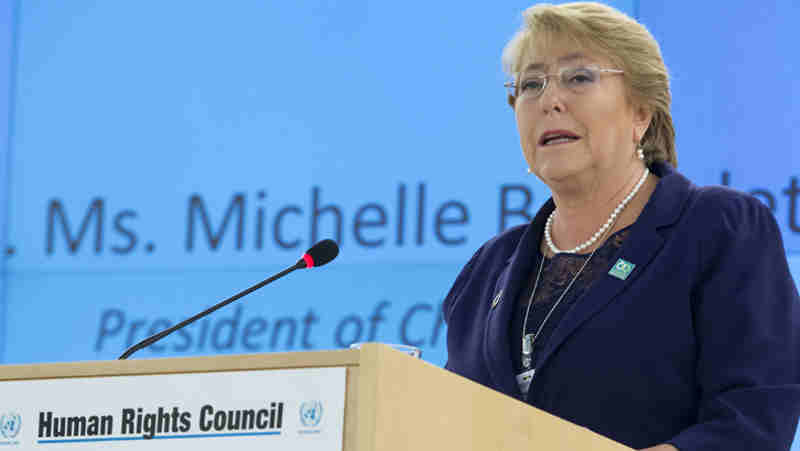
The UN Special Rapporteur on extreme poverty and human rights, Philip Alston, applauded a landmark ruling by the District Court of the Hague in The Netherlands on February 5.
The court ordered the immediate halt to a digital benefit fraud detection tool targeted at poor neighborhoods in the Netherlands because it violated human rights norms.
“This is a clear victory for all those who are justifiably concerned about the serious threats digital welfare systems pose for human rights,” said the human rights expert.
“This decision sets a strong legal precedent for other courts to follow. This is one of the first times a court anywhere has stopped the use of digital technologies and abundant digital information by welfare authorities on human rights grounds,” added Alston.
The litigation revolved around a tool called “System Risk Indication” (SyRI). Used to identify specific individuals as more likely to commit benefit fraud, it gives central and local authorities wide-ranging powers to share and analyze data that was previously kept in separate “silos”.
SyRI employs a hidden algorithmic risk model and has been exclusively targeted at neighborhoods with mostly low-income and minority residents. Through SyRI, entire poor neighborhoods and their inhabitants were targeted and spied on digitally, without any concrete suspicion of individual wrongdoing.
A broad coalition of human rights and welfare rights groups, joined by concerned citizens, sued the Dutch state in 2018, claiming that SyRI violates regionally and internationally protected human rights norms.
Last year, the Special Rapporteur provided to the court a detailed human rights analysis, in which he concluded that SyRI discriminates against the poorest members of Dutch society and undermines their internationally protected human rights to privacy and to social security.
The Dutch court in its judgment expresses concern about the “significant effect of risk indications on the privacy of affected individuals”. The SyRI legislation contains insufficient safeguards against invasions of privacy by this tool, according to the court, including a serious lack of transparency about its functioning.
In the absence of more information about how SyRI works, the court warns that the system may discriminate on the basis of socio-economic or migrant status, agreeing with similar concerns expressed by the Special Rapporteur.
“By applying universal human rights standards, this Dutch court is setting a standard that can be applied by courts elsewhere. The litigation and its outcome are likely to inspire activists in other countries to file similar legal challenges to address the risks of emerging digital welfare systems,” said the Special Rapporteur.
SyRI is anything but unique. Such tools are part of a global trend toward the introduction and expansion of digital technologies in welfare states. All too often, however, the potentially devastating consequences of these systems for the human rights of the poorest and most marginalized are completely overlooked.
In October, Alston presented a report to the UN General Assembly about the emergence of the “digital welfare state” in countries around the globe. He warned that humankind “needs to alter course significantly and rapidly to avoid stumbling zombie-like into a digital welfare dystopia”.
The Dutch state can still appeal the court ruling, but Alston is confident that the court decision is already a game-changer: “When government experts experimented with predecessors to SyRI for close to a decade, legislators did nothing to stop it. When SyRI was finally given a legal basis, the law passed Dutch parliament almost unnoticed.
“I predict that this judgment will be a wake-up call for politicians and others who were asleep before, not just in the Netherlands, but in many other countries where Governments are experimenting with digitizing government.”
Philip Alston (Australia) took up his functions as the Special Rapporteur on extreme poverty and human rights in June 2014. As a Special Rapporteur, he is part of what is known as the Special Procedures of the Human Rights Council.
Special Procedures, the largest body of independent experts in the UN Human Rights system, is the general name of the Council’s independent fact-finding and monitoring mechanisms that address either specific country situations or thematic issues in all parts of the world.
Special Procedures’ experts work on a voluntary basis; they are not UN staff and do not receive a salary for their work. They are independent from any government or organization and serve in their individual capacity.

